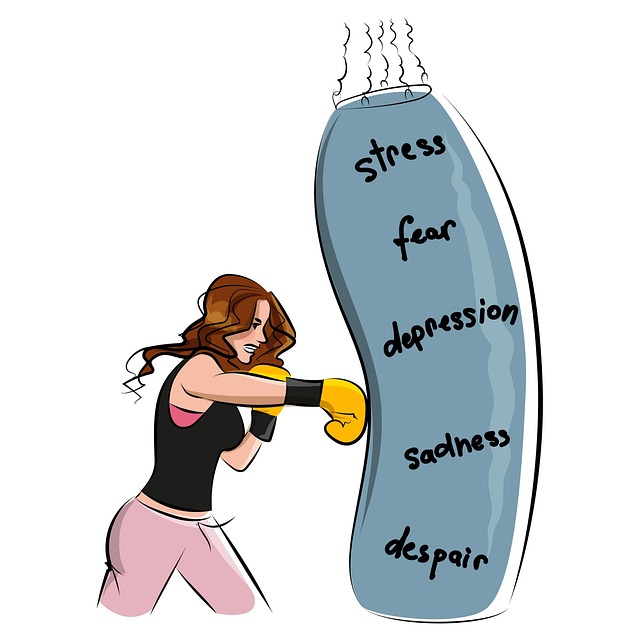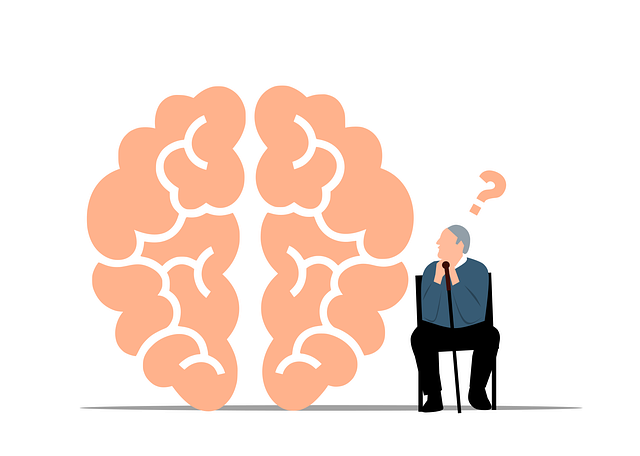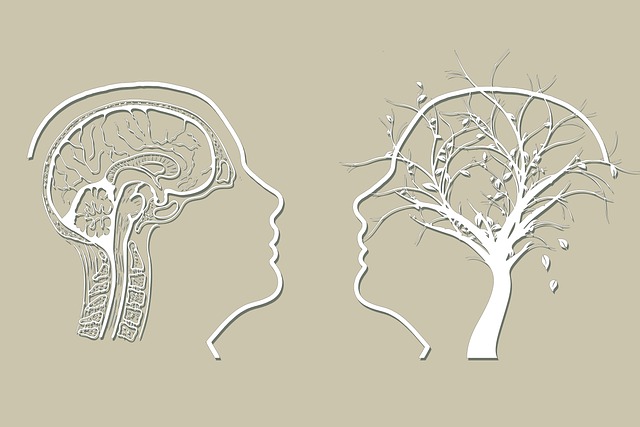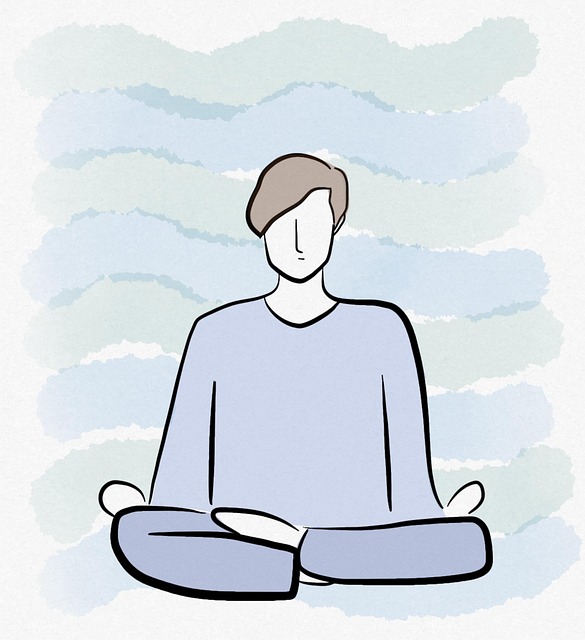Chronic stress negatively impacts students' learning and well-being, highlighting the need for supportive educational environments. Boulder Play Therapy offers a unique approach using play to help young learners process emotions, develop social skills, and reduce mental illness stigma. Effective stress management techniques like mindfulness meditation and deep breathing are crucial for teachers, parents, and students. Incorporating these practices daily enhances mental wellness, reduces stress impact, and fosters supportive educational environments through emotional intelligence and inclusive practices.
Stress management is a vital skill, especially for students navigating academic pressures. This article explores effective techniques, focusing on Boulder Play Therapy—a unique approach that harnesses play to mitigate stress. We delve into the science behind stress and its impact on learning, offering insights for teachers, parents, and caregivers. Discover practical strategies, including mindfulness practices and relaxation techniques, to foster resilient minds. By embracing these methods, we can empower individuals to thrive in stressful situations, enhancing their overall well-being and academic performance.
- Understanding Stress and its Impact on Learning
- Boulder Play Therapy: A Creative Approach to Stress Management
- Practical Techniques for Teachers and Parents
- Incorporating Mindfulness and Relaxation in Daily Routines
Understanding Stress and its Impact on Learning

Stress is an inevitable part of life, but when left unmanaged, it can significantly impact learning and academic performance. In educational settings, understanding stress and its effects on students is crucial for creating a supportive environment. Chronic stress, often resulting from various personal or environmental factors, can hinder cognitive function, motivation, and overall well-being, making it essential to equip both students and mental health professionals with effective coping strategies.
The impact of stress extends beyond just academic struggles; it can lead to social withdrawal, low self-esteem, and difficulties in interpersonal relationships. Techniques like Boulder Play Therapy offer a unique approach to managing stress by utilizing play and creative expression as therapeutic tools. This holistic method is particularly beneficial for younger learners, helping them process emotions and develop essential social skills. Additionally, risk assessments should be conducted regularly to identify students at risk, enabling early intervention and personalized support.
Boulder Play Therapy: A Creative Approach to Stress Management

Boulder Play Therapy offers a unique and creative approach to stress management, focusing on the power of play as a therapeutic tool. This method leverages the innate ability of children (and adults) to express themselves through imaginative play, allowing them to process and release stressful emotions in a safe environment. By incorporating various toys, props, and games, therapists create a playful atmosphere that encourages clients to explore their feelings, gain new perspectives, and develop coping strategies naturally.
The beauty of Boulder Play Therapy lies in its ability to transcend traditional talk therapy, especially for individuals who find verbalizing their emotions challenging. Through play, clients can access their emotional well-being promotion techniques, fostering self-awareness and resilience. This approach has proven effective in mental illness stigma reduction efforts, as it provides an alternative way to address psychological concerns, making therapy more accessible and less intimidating. By embracing the Mind Over Matter principles, Boulder Play Therapy empowers individuals to take control of their mental health through creative expression and playfulness.
Practical Techniques for Teachers and Parents

Teaching is a rewarding yet demanding profession that often exposes individuals to high stress levels. Effective stress management techniques are therefore essential tools for both teachers and parents, fostering healthier lifestyles and better well-being. Incorporating practices like mindfulness meditation and deep breathing exercises can significantly reduce stress, enhance emotional resilience, and improve overall mental health. These simple yet powerful tools allow individuals to create moments of calm amidst the chaos, enabling them to manage their emotions more effectively.
Boulder Play Therapy offers unique approaches that blend play and therapy, making it an engaging option for both teachers and parents seeking burnout prevention strategies. By integrating emotional intelligence into daily routines, educators and caregivers can foster a supportive environment where children feel understood and valued. Moreover, healthcare provider cultural competency training equips professionals with the skills to address diverse needs, promoting inclusive practices that benefit every student or child in their care.
Incorporating Mindfulness and Relaxation in Daily Routines

Incorporating mindfulness and relaxation into daily routines is a powerful strategy for managing stress, as advocated by Boulder Play Therapy professionals. These techniques offer individuals an opportunity to connect with their inner selves, fostering mental wellness and emotional balance. By dedicating even just a few minutes each day to practices like meditation or deep breathing exercises, one can significantly reduce the impact of stressors on their overall well-being.
Mental Wellness Coaching Programs and Mental Health Education Programs are designed to teach these skills, emphasizing self-care as a foundational element for personal growth. Through such programs, individuals learn to identify triggers and develop coping mechanisms that enhance their Self-Esteem Improvement. The consistent practice of mindfulness and relaxation techniques can transform daily life into a more serene experience, allowing one to navigate life’s challenges with greater ease and resilience.
Stress management techniques are invaluable tools for both educators and parents, fostering a healthier learning environment. By understanding the impact of stress on learning, we can implement creative approaches like Boulder Play Therapy to provide effective support. Practical strategies shared in this article offer actionable ways to incorporate mindfulness and relaxation into daily routines, benefiting children’s overall well-being and academic performance. Embracing these techniques empowers us to navigate challenging situations and promote a more positive and productive atmosphere for all.














